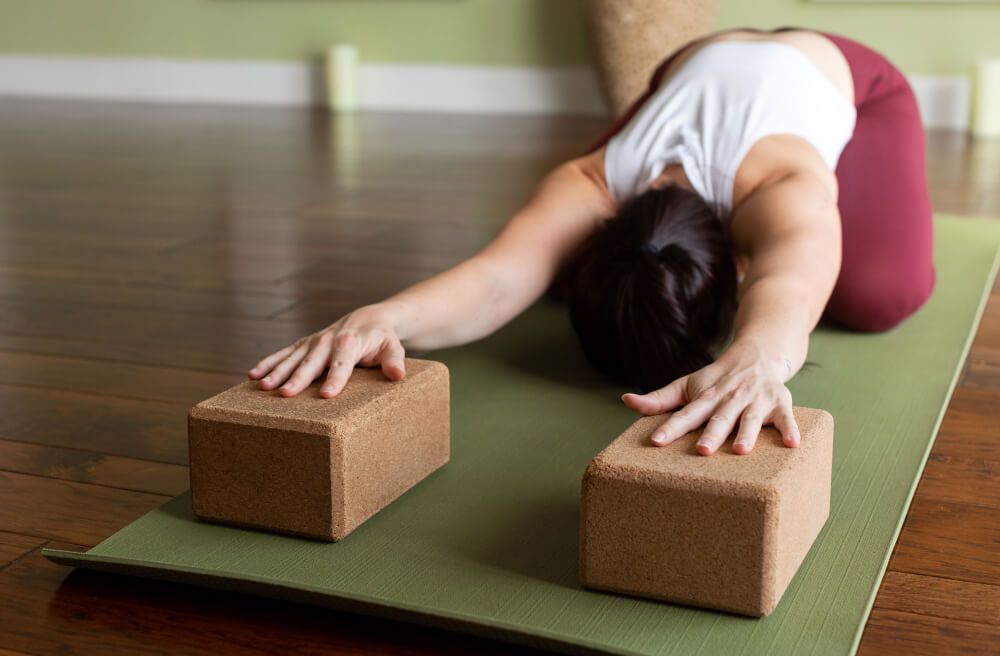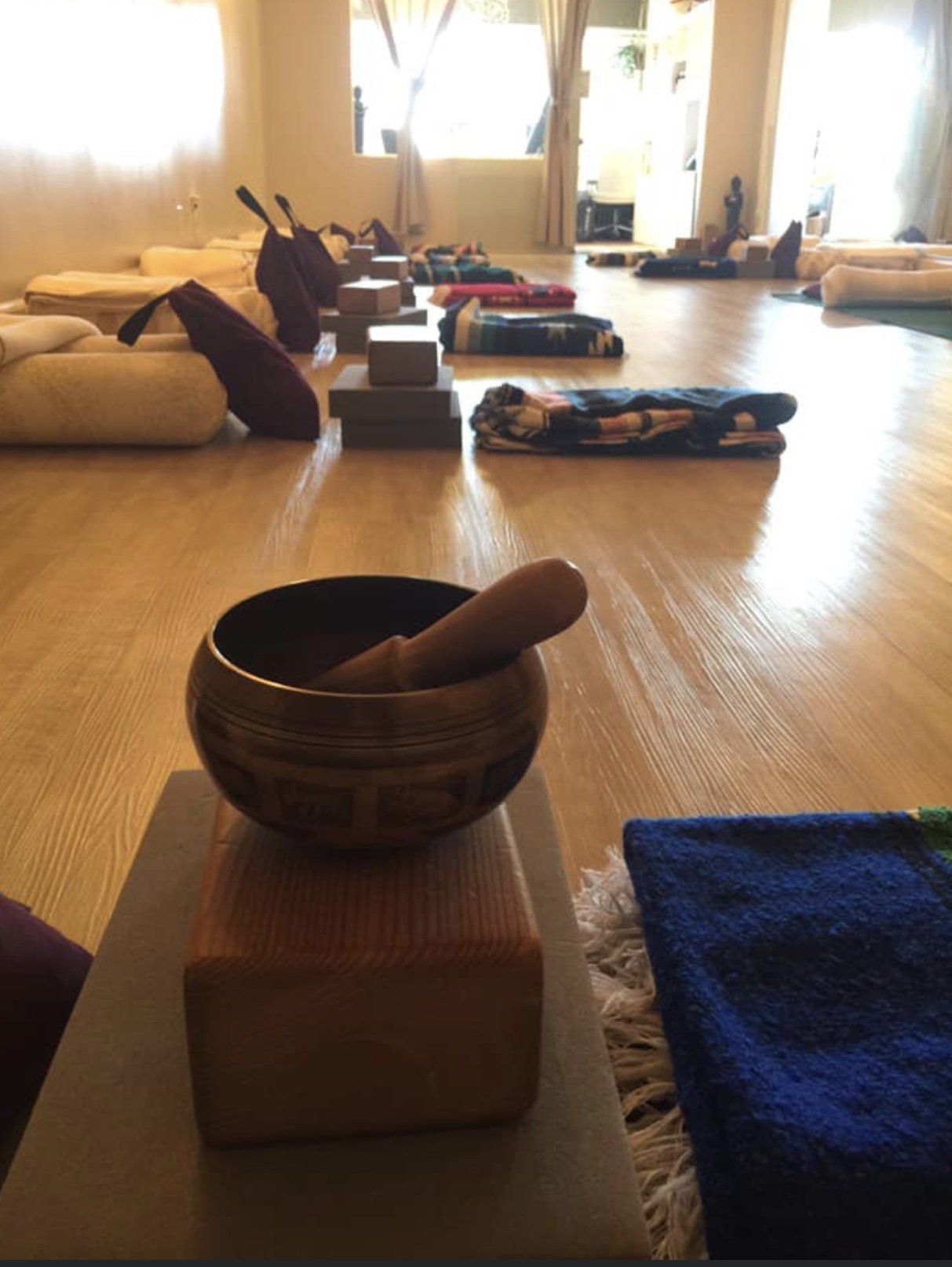Where are you on the Trauma continuum?
By Lynn Fraser, Living Inquiries Senior Facilitator Trainer

We have all experienced trauma. It could have been a life-threatening assault or a car accident that resulted in Post Traumatic Stress Disorder (PTSD). A form of developmental PTSD results from long term trauma in childhood. We may have been formally diagnosed or simply know for ourselves that something isn’t working right.
Exposure to sudden or short-term trauma results in a stress response. For many people, the state of being on red alert returns to baseline after a period of time. Trauma often sets the stage for growth, resilience and confidence in our ability to cope with challenging circumstances. People with prior trauma may have more severe symptoms that don’t resolve with time.
Common responses to trauma include a high startle reflex or hyper arousal, anxiety, depression, difficulty sleeping, sadness, anger, guilt, fear, flashbacks, confusion and feeling numb or immobilized. This simply means your system is now reacting in a certain way to threat or perceived threat. As frightening as it is to feel hijacked by our primitive brain, our response really is just part of the Fight/Flight/Freeze mechanism.
Addiction and compulsions are a way many of us avoid and manage our responses to trauma and this leads to more suffering. It can feel like we are war within ourselves, like our brain is so damaged we will never experience relief and happiness. Working with an experienced facilitator in the Living Inquiries can help provide the safety we need to heal. Energy or sensations that we may have experienced as threatening, can come to be seen and felt simply as our body’s response to a perceived danger.
When we’re able to allow a sensation or energy, images will often arise that are related to being unsafe. Through the repeated experience during inquiry of seeing that words and images themselves don’t threaten us, the stickiness or Velcro effect dissolves and we can stay with the energy itself.
Over time, I have grown to appreciate my defense or protective mechanisms. These allow us to survive and get through tough situations. Substance addictions like alcohol, drugs, and food or process addictions like shopping, work, Facebook or porn are just coping strategies we may have used. Compulsions are an understandable response to trauma. Knowing this helps us let go of shame and judgment and opens up space for letting go of strategies that create more suffering.
Our system’s response to trauma makes sense. When we look at what actually happens, we can understand and watch the process as it arises. I look out for certain types of thoughts or reactions because they are clues that a trauma response may be activated. With this awareness, I can support myself through relaxed breathing, sleep, walking in nature, gentle yoga and inquiry. Given my past history of trauma and PTSD, I may always have a more reactive or sensitive Fight/Flight/Freeze response. Through the Living Inquiries, I know in my bones there is no threat in any bodily sensation. Trauma moves through and my system resets back to calm and peace.
Lynn Fraser
Living Inquiries Senior Facilitator Trainer
Posted from: http://naturalrestforaddiction.com/trauma-continuum/











